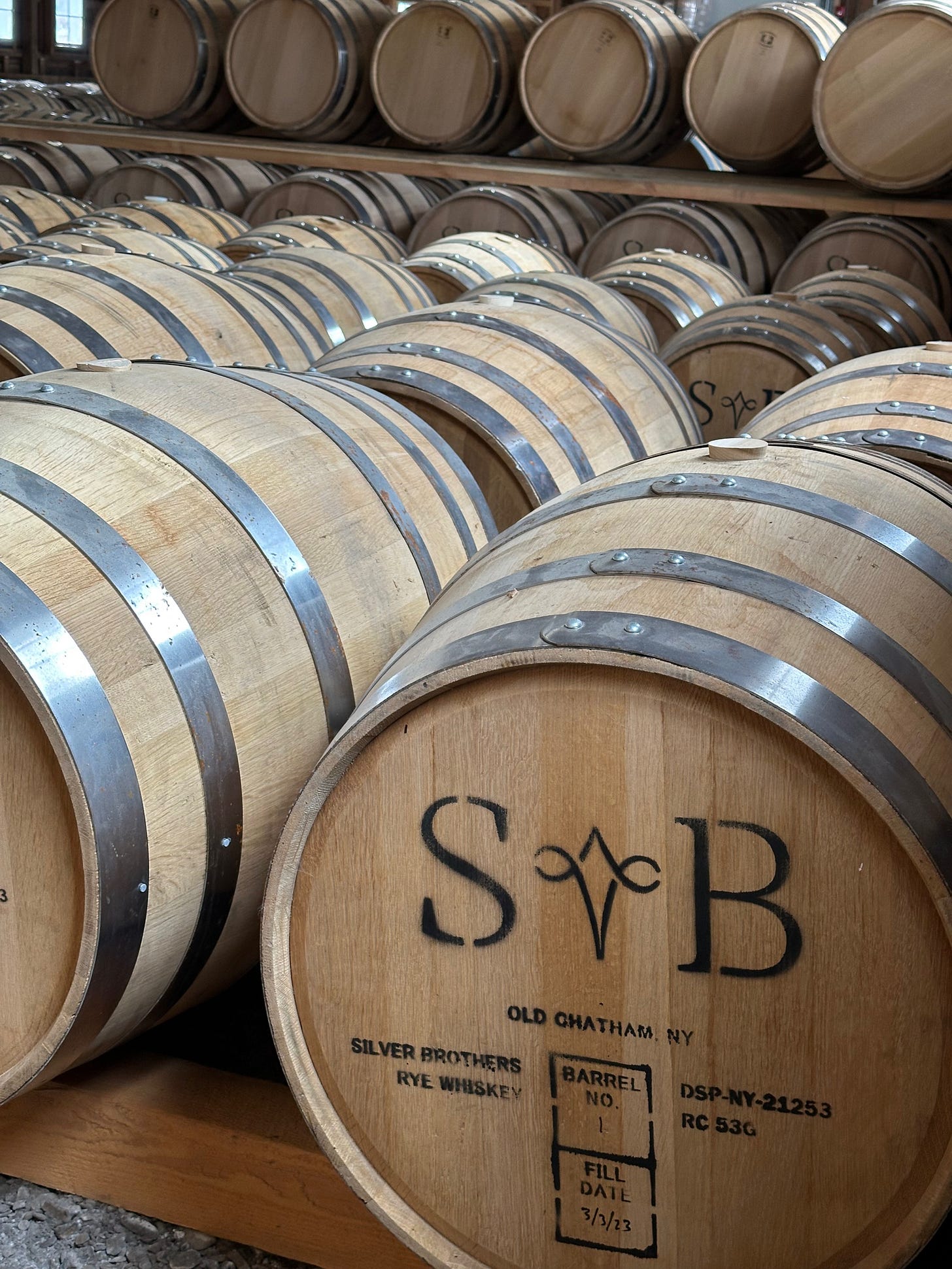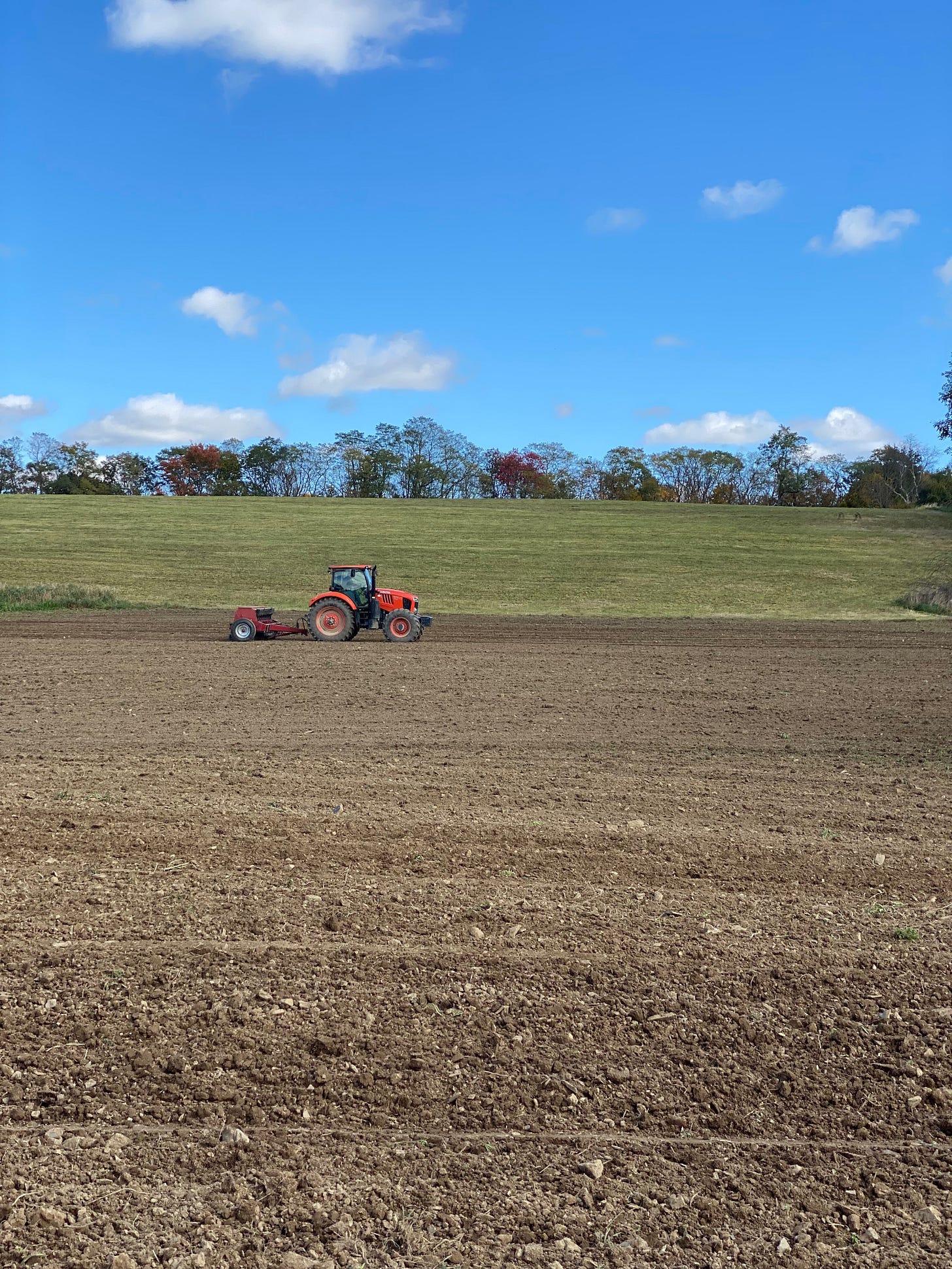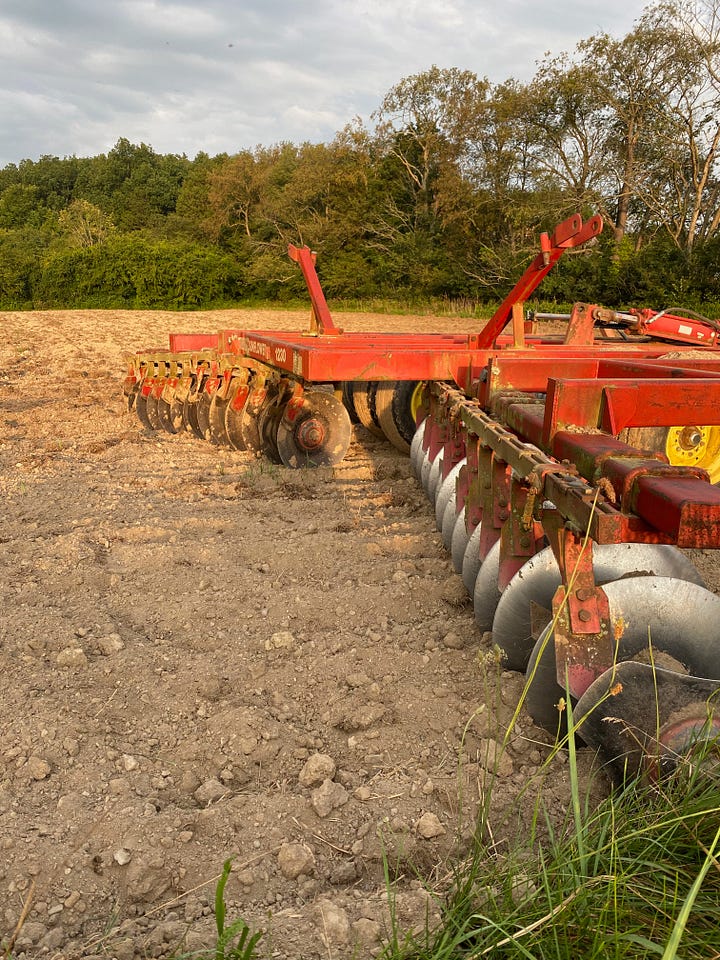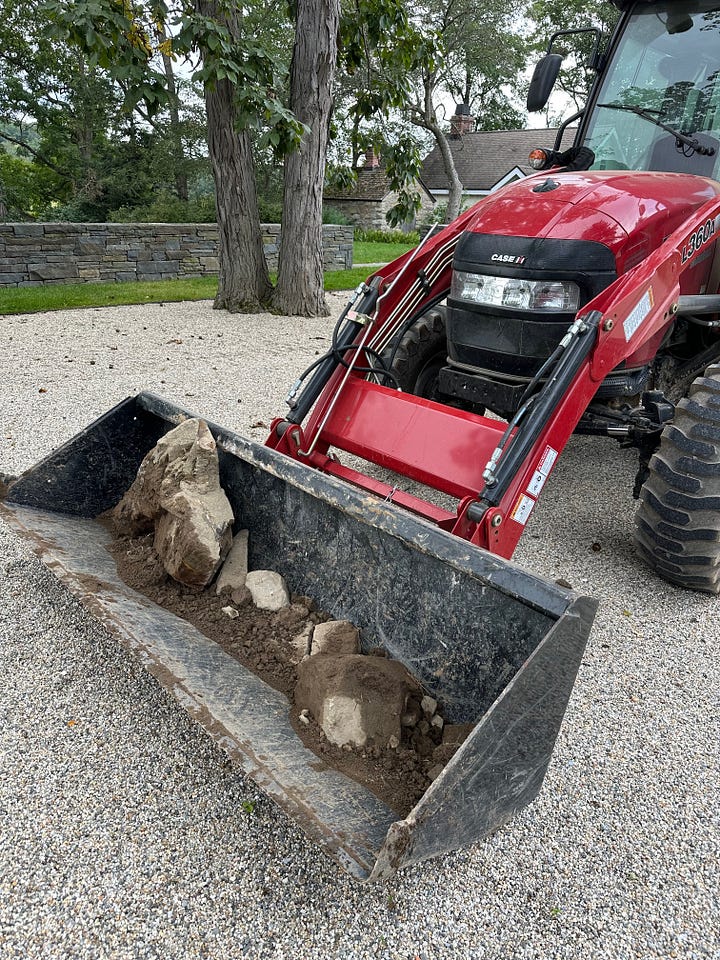This month our first five barrels, filled in March 2023, passed the two-year age mark. Unlike in Scotland, where whisky needs to age three years before it’s allowed to be called Scotch, in America whiskey is whiskey as soon as it hits the barrel. At the two year mark, however, American rye whiskey achieves two notable distinctions.

The first of which is the legal designation of “straight rye whiskey”, a federal designation for a rye whiskey aged two years or more in a charred new oak barrel. Secondly, these five barrels now officially qualify as “Empire Rye,” a distinction unique to New York State. The Empire Rye designation includes a two year age requirement, with the additional requirements of being made from at least 75% New York State grain (our whiskey is all 100% New York State grain), and barreled at no more than 125 proof. Empire Rye must also be mashed, fermented, barreled, and aged at a single New York State distillery. Every barrel of rye whiskey in our barrel house was made to Empire Rye standards and will meet the Empire Rye designation once it crosses the two-year age mark. Learn more about the Empire Rye designation here.
There are myriad elements that contribute to our whiskey’s distinctive character and profile, perhaps none more fundamental than our fields. There is a running debate in the whiskey world about the importance of terroir - a concept fundamental to the wine industry - and whether or not grain can take on specific and unique flavors imparted from the soil on which it’s grown. We believe that it does, and hence our commitment to growing the grain we distill.

At present, we farm twelve different fields totaling 120 acres. Six are our own, and six fields are leased from neighbors. The soil throughout is a sandy loam. As farm soil types go, this is a middle-of-the-road soil for agricultural purposes. If we were growing cash crops like fruits or vegetables that would be a problem. But fortunately small grains like rye and barley thrive in moderately fertile soil conditions.
Our fields are also somewhat wet. They drain slowly after a soaking rain, and are often muddy and inaccessible to farm equipment after the winter’s thaw. This limits our ability to plant “spring grains,” which are typically planted in April, and thus most of our grains are winter varietals, such as Hazlett Rye, Danko Rye, and Violeta Barley. We do have two well-drained fields with a high concentration of gravel, and those we plant with a spring barley bred by Cornell specifically for New York State’s varied climate.
As an organic farm, we use no chemicals or pesticides of any kind on our fields. One of the main challenges of this approach is weed control. Milkweed, bitter dock, horsenettle, burdock, amaranth, ragweed, and hedge mustard are some of the diverse weeds that thrive in our fields. Without pesticides, our only means of weed control is tillage - plowing and discing to turn over the soil and create a clean and even seed bed for planting. Newly planted grain on a clean seedbed will out compete weeds in growth and provide for a weed-free grain harvest.

While beneficial for weed control, tillage also depletes topsoil. And thus we try to minimize tillage and deploy only when necessary. We typically plow our fields every-other year, but only if we are planting them in grain. On off-years, we broadcast clover seed to replenish nitrogen in the soil without the need for additional fertilizer.
When we do plow, we unearth the bedrock on which our farm is situated. Rocks in the field can damage the disc and seed drill, and need to be removed. “Picking rocks” of slate and limestone is an annual activity on the farm. While most of the rocks are manageable by hand, we have unearthed boulders requiring a small bulldozer to remove. The low, stacked stone walls lining our hedgerows are a monument to this longstanding activity.


In the Northeast it is a telling sign that the transition from winter to spring is imminent when buckets and tubing begin appearing on the trunks of Maple trees. Mapling season in our region typically runs from late February into early April. During this seasonal shift, daytime temperatures begin to rise, but night time temperatures remain below freezing. These temperature fluctuations create pressure within the tree that causes the sap to flow. The sap is extracted by drilling a hole in the tree and inserting a tube-like tap that allows the sap to flow into the bucket hanging below. The sap is collected and then boiled down to create maple syrup. Maple sap has the consistency of water and only contains around 2% sugar. The sap’s sweetness becomes concentrated during the boiling process when it is boiled down into syrup. It takes approximately forty gallons of sap to yield one gallon of pure maple syrup.
In the interest of exploring our terroir beyond whiskey, this year we tapped a number of maple trees on the farm. The resulting syrup has a delicate floral quality, and next year we hope to yield enough syrup fill a small used whiskey barrel, thus marrying the flavors of our own whiskey and the maple syrup made on our farm. Beyond being delicious on waffles and pancakes, the flavor of maple syrup is extremely complementary to whiskey, and is a flavorful substitute for the sugar or simple syrup in classic cocktails such as an Old Fashioned.
Baby Animals Festival, Hancock Shaker Village, Saturday, April 12 - Sunday, May 4. https://hancockshakervillage.org/events/baby-animals-2025/
Re-opening Weekend at Greenhouse Cidery, Thursday, April 17 - April 19th 5:00 pm - 9:00 pm. Details @thegreenhousecidery.
Chancellor’s Sheep and Wool Showcase, Cleremont State Historic Site, Saturday, April 26, 11 am - 4 pm. https://www.friendsofclermont.org/sheep-wool-25
Dandelion Festival, Churchtown Dairy, Saturday, April 26, 11:00 am - 2:00 pm. https://www.churchtowndairy.org/events/dandelion-festival
We hope you enjoyed our free newsletter. Be sure to subscribe and please share with a friend if you think they would enjoy it as well. For more information about Silver Brothers, visit silverbrothers.com and follow us on Instagram @silverbrotherswhiskey.











